PlantwisePlus and the Rainforest Alliance have collaborated on a collection of Pest Management Decision Guides (PMDGs) for Nicaragua. The PMDGs are available on the PlantwisePlus Knowledge Bank. They provide agricultural advisors and farmers with crop and pest-specific prevention, monitoring and control advice. They enable producers to make informed crop management decisions, minimising the reliance on pesticides.

Pest Management Decision Guides
The new PMDGs cover key pests and diseases of coffee, which is the principal export crop in Nicaragua. They include information and management information on:
- – coffee rust (Hemileia vastarix),
- – coffee antracnose (Colletotrichum spp.),
- – coffee berry borer (Hypothenemus hampei)
- – coffee nematodes (Meloidogyne spp.)
- – white grubs in coffee (Phyllophaga spp.)
According to the World Coffee Research organisation, there are over 43,000 coffee farms in Nicaragua, with smallholders producing 50% of the country’s coffee. However, smallholder farmers are particularly susceptible to pest and disease outbreaks, which account for nearly 40% of crop losses.
Coffee pest management
What’s more, climate change is worsening the situation. This is illustrated by the ongoing coffee rust outbreak in South America. Researchers have suggested that increases in temperature and humidity, caused by the fungus Hemileia vastatrix, allow the fungus to spread more quickly. As a result, coffee rust has had a devastating impact on crop yields throughout South America, including Nicaragua, rendering coffee cultivation uneconomic wherever it reaches epidemic proportions.
As such, PlantwisePlus, with support from partners such as the Rainforest Alliance, is helping smallholders access appropriate plant health advice when outbreaks occur. The programme is improving the capacity of farmer advisors who support smallholder farmers in diagnosing crop health problems and recommending sustainable solutions.
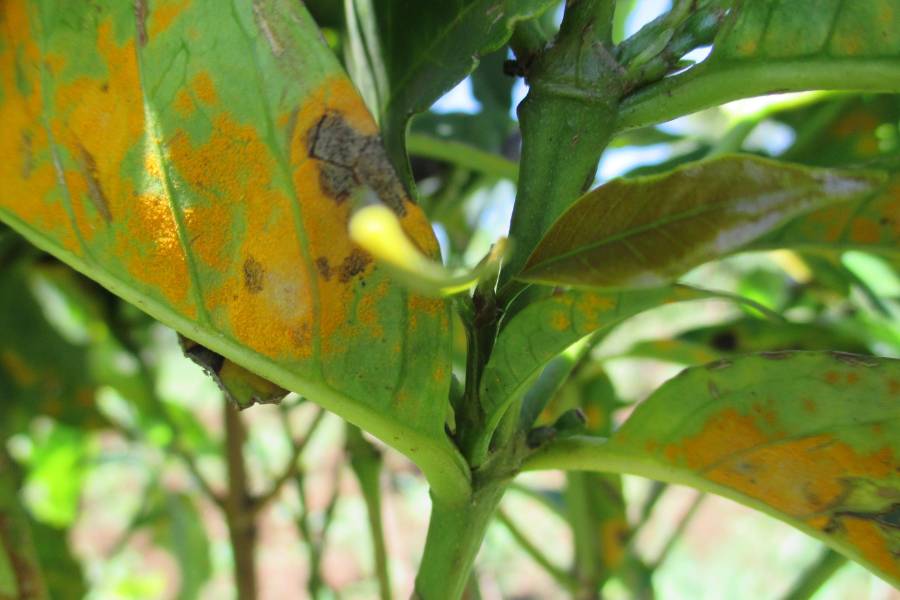
PlantwisePlus Knowledge Bank
The PlantwisePlus Knowledge Bank is one such capacity-building tool. It provides a range of content on crop health issues, including pest and disease advice, farming practices, nutrition and more. Farmers and extension officers can use over 8,500 factsheets covering over 6,500 host plants and pests in more than 80 languages; all available across devices online or offline.
One of the most accessed content types on the Knowledge Bank is the Pest Management Decision Guides. Farmers’ advisors commonly use these to provide integrated pest management (IPM) recommendations. The PMDGs, created in collaboration with the Rainforest Alliance, are a beneficial addition to this growing resource.
CABI and Rainforest Alliance MoU
This new content is a result of the Memorandum of Understanding signed by CABI and the Rainforest Alliance in November 2021. In the MoU, the two organisations agreed to work together to empower smallholder farmers to grow safer and higher-quality food through more sustainable agricultural practices. This includes the promotion of safer-to-use, sustainable biological controls which reduce the impact of high-risk plant chemical pesticides.
Like CABI, the Rainforest Alliance encourages using more environmentally friendly agricultural practices through an integrated pest management approach (IPM). IPM is a holistic approach that employs various biological, chemical, physical and crop-specific (cultural) techniques. As such, IPM encourages healthy crops without the overuse of chemicals, which can cause harm to human health and the environment.
Furthermore, in 2021, the Rainforest Alliance joined the CABI BioProtection Portal as a sponsor. As a result, the Rainforest Alliance logo appears next to products on the portal that Rainforest Alliance-certified growers are permitted to use.
In addition, working with the CABI BioProtection Portal, the Rainforest Alliance brings a globally recognized brand to this bioprotection resource. It also contributes a wealth of field knowledge about protecting and restoring nature.
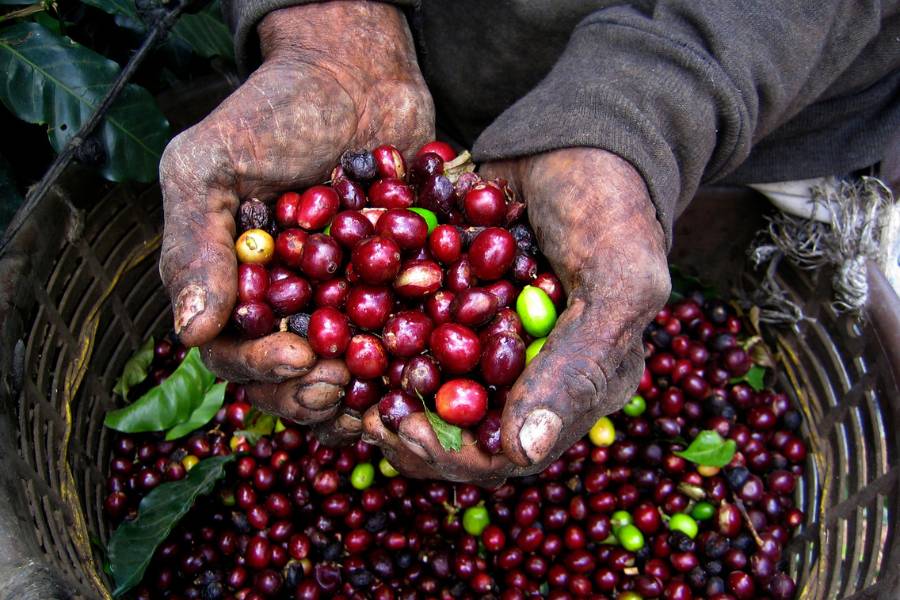
About the PlantwisePlus Knowledge Bank
Easy to use, with free online and downloadable resources, the PlantwisePlus Knowledge Bank links all actors in the plant health system – extension workers, agro-input suppliers, researchers, farmers and government bodies – to the information they need for timely action against crop pests and diseases.
What is more, the PlantwisePlus Knowledge Bank gathers plant health information from across the world and offers over 15,000 pieces of content. It also works closely with national partners to support the collection, analysis and dissemination of pest data in order to enable:
- – identification and management of plant pests
- – protection against pest threats
- – secure storage and analysis of national plant pest data
Pest Management Decision Guides (PMDGs) are management factsheets, with practical information on crop pest/disease and control; they usually focus on one crop.
Green and Yellow Lists are written by partners in PlantwisePlus countries and include information that is specific to the country. Based on a traffic light system, the green sections provide information on prevention, monitoring and physical or biologically-based controls, whilst the yellow sections provide information on chemical controls and their restrictions for safe use.
Green Lists are produced by PlantwisePlus and include only “green” prevention, monitoring and control options that are applicable in any country where the specified pest and crop occur – they do not include “yellow” controls such as pesticides which have local restrictions. They are prepared for use by plant doctors and extension workers.
Other ways we work with Rainforest Alliance
We are excited to announce that the Rainforest Alliance has joined the CABI BioProtection Portal as a sponsor. Find out more about the Rainforest Alliance and CABI BioProtection Portal.
1 Comment
Leave a Reply
Related News & Blogs
How plant clinics are strengthening crop health services in Bangladesh
When the first-ever plant clinic in Bangladesh opened in Dhaka in 2013, it initially faced a lack of interest due to its novelty and limited awareness among farmers. However, it went on to expand, providing advice to over 17,000 farmers and led to the…
2 July 2025

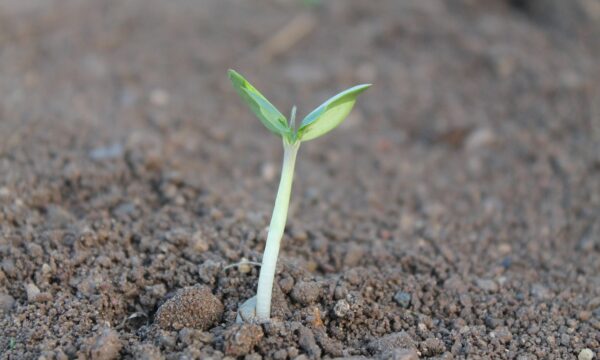
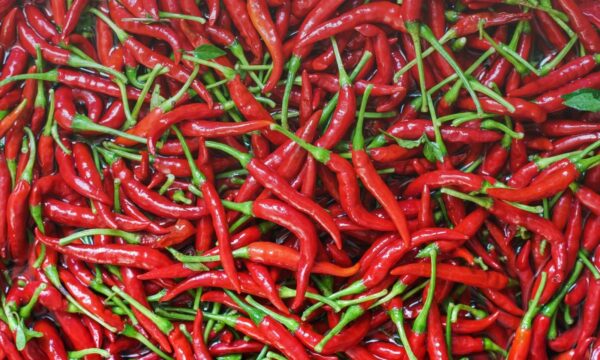

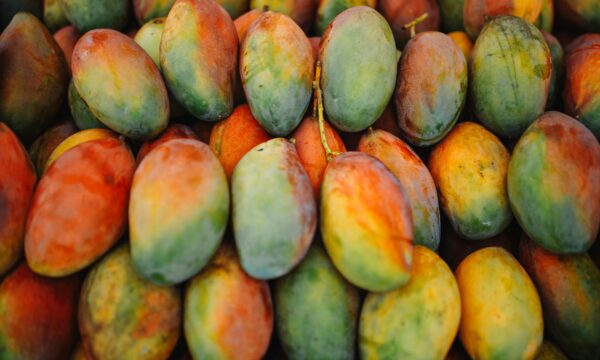
Personally, I think it’s a very good initiative for Nicaraguan producers, that will help them not spend so much money on pest and disease control. At the same time, I think it is convenient to urge CABI to replicate this initiative in Costa Rica.